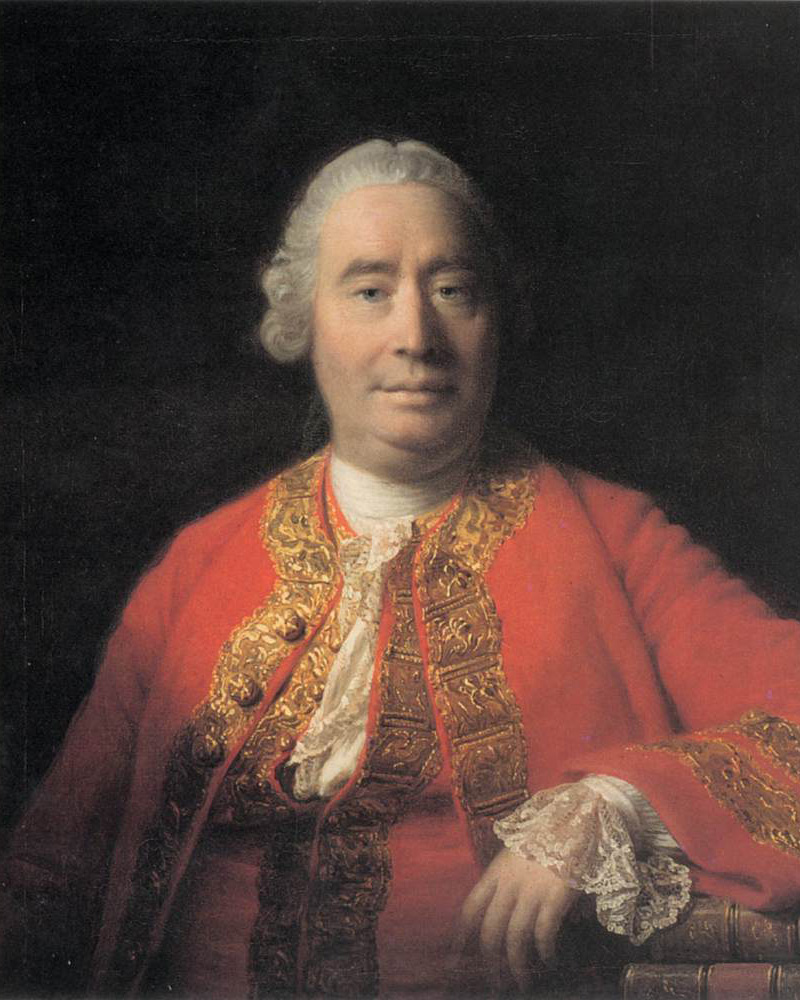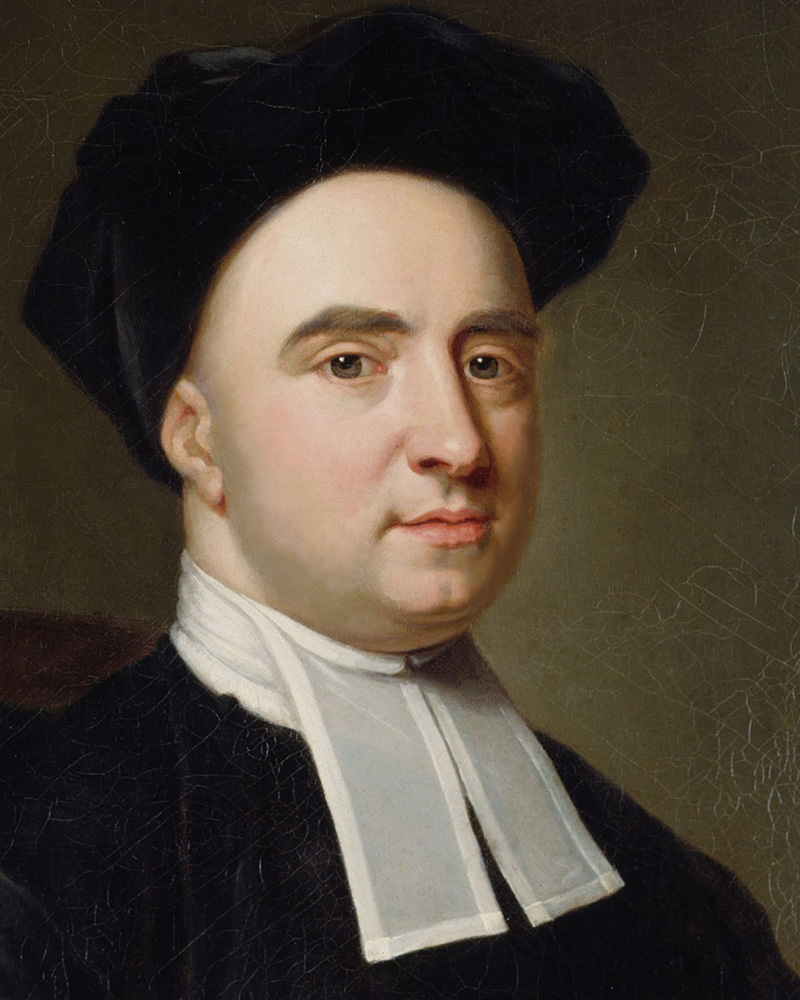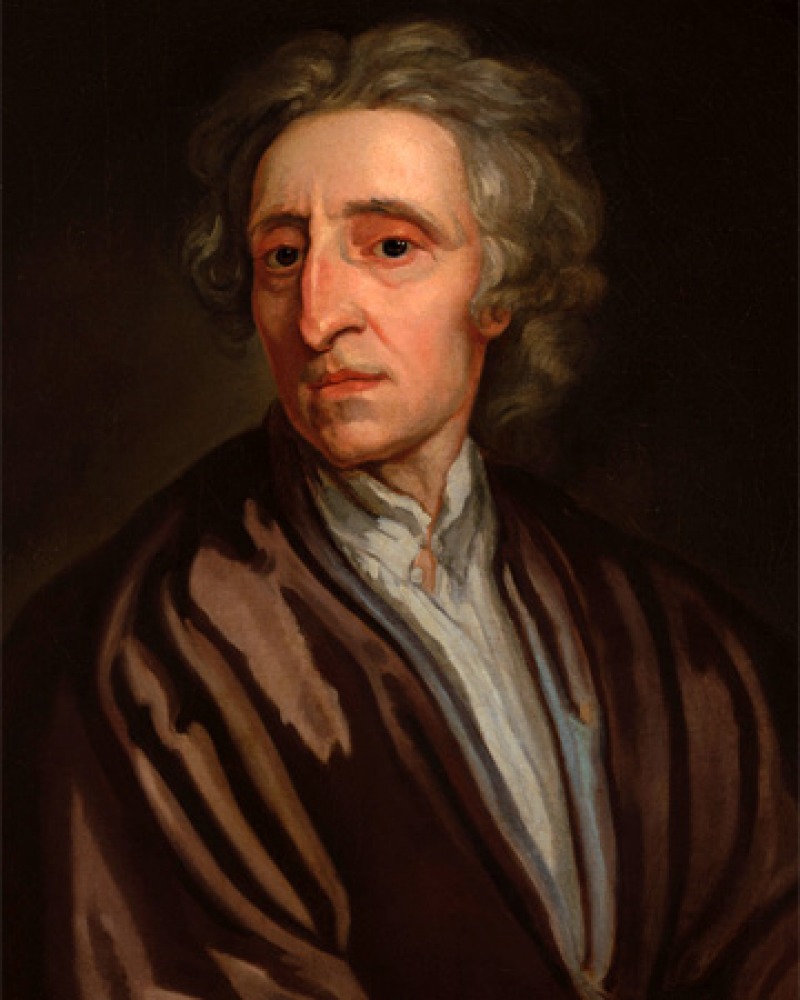British Empiricism
B ritish empiricism, though it was not a term used at the time, derives from the 17th century period of early modern philosophy and modern science. The term became useful in order to describe differences perceived between two of its founders Francis Bacon, described as empiricist, and René Descartes, who is described as a rationalist. Thomas Hobbes and Baruch Spinoza, in the next generation, are often also described as an empiricist and a rationalist respectively. John Locke, George Berkeley, and David Hume were the primary exponents of empiricism in the 18th century Enlightenment, with Locke being the person who is normally known as the founder of empiricism as such.
In response to the early-to-mid-17th century "continental rationalism" John Locke (1632–1704) proposed in An Essay Concerning Human Understanding (1689) a very influential view wherein the only knowledge humans can have is a posteriori, i.e., based upon experience. Locke is famously attributed with holding the proposition that the human mind is a tabula rasa, a "blank tablet", in Locke's words "white paper", on which the experiences derived from sense impressions as a person's life proceeds are written. There are two sources of our ideas: sensation and reflection. In both cases, a distinction is made between simple and complex ideas. The former are unanalysable, and are broken down into primary and secondary qualities. Primary qualities are essential for the object in question to be what it is. Without specific primary qualities, an object would not be what it is. For example, an apple is an apple because of the arrangement of its atomic structure. If an apple was structured differently, it would cease to be an apple. Secondary qualities are the sensory information we can perceive from its primary qualities. For example, an apple can be perceived in various colours, sizes, and textures but it is still identified as an apple. Therefore, its primary qualities dictate what the object essentially is, while its secondary qualities define its attributes. Complex ideas combine simple ones, and divide into substances, modes, and relations. According to Locke, our knowledge of things is a perception of ideas that are in accordance or discordance with each other, which is very different from the quest for certainty of Descartes.
A generation later, the Irish Anglican bishop, George Berkeley (1685–1753), determined that Locke's view immediately opened a door that would lead to eventual atheism. In response to Locke, he put forth in his Treatise Concerning the Principles of Human Knowledge (1710) an important challenge to empiricism in which things only exist either as a result of their being perceived, or by virtue of the fact that they are an entity doing the perceiving. (For Berkeley, God fills in for humans by doing the perceiving whenever humans are not around to do it.) In his text Alciphron, Berkeley maintained that any order humans may see in nature is the language or handwriting of God. Berkeley's approach to empiricism would later come to be called subjective idealism.
The Scottish philosopher David Hume (1711–1776) responded to Berkeley's criticisms of Locke, as well as other differences between early modern philosophers, and moved empiricism to a new level of skepticism. Hume argued in keeping with the empiricist view that all knowledge derives from sense experience, but he accepted that this has implications not normally acceptable to philosophers. He wrote for example, "Locke divides all arguments into demonstrative and probable. On this view, we must say that it is only probable that all men must die or that the sun will rise to-morrow, because neither of these can be demonstrated. But to conform our language more to common use, we ought to divide arguments into demonstrations, proofs, and probabilities—by ‘proofs’ meaning arguments from experience that leave no room for doubt or opposition." And,
"I believe the most general and most popular explication of this matter, is to say [See Mr. Locke, chapter of power.], that finding from experience, that there are several new productions in matter, such as the motions and variations of body, and concluding that there must somewhere be a power capable of producing them, we arrive at last by this reasoning at the idea of power and efficacy. But to be convinced that this explication is more popular than philosophical, we need but reflect on two very obvious principles. First, That reason alone can never give rise to any original idea, and secondly, that reason, as distinguished from experience, can never make us conclude, that a cause or productive quality is absolutely requisite to every beginning of existence. Both these considerations have been sufficiently explained: and therefore shall not at present be any farther insisted on."
— Hume Section XIV "of the idea of necessary connexion in A Treatise of Human Nature
Hume divided all of human knowledge into two categories: relations of ideas and matters of fact (see also Kant's analytic-synthetic distinction). Mathematical and logical propositions (e.g. "that the square of the hypotenuse is equal to the sum of the squares of the two sides") are examples of the first, while propositions involving some contingent observation of the world (e.g. "the sun rises in the East") are examples of the second. All of people's "ideas", in turn, are derived from their "impressions". For Hume, an "impression" corresponds roughly with what we call a sensation. To remember or to imagine such impressions is to have an "idea". Ideas are therefore the faint copies of sensations.
Hume maintained that all knowledge, even the most basic beliefs about the natural world, cannot be conclusively established by reason. Rather, he maintained, our beliefs are more a result of accumulated habits, developed in response to accumulated sense experiences. Among his many arguments Hume also added another important slant to the debate about scientific method — that of the problem of induction. Hume argued that it requires inductive reasoning to arrive at the premises for the principle of inductive reasoning, and therefore the justification for inductive reasoning is a circular argument. Among Hume's conclusions regarding the problem of induction is that there is no certainty that the future will resemble the past. Thus, as a simple instance posed by Hume, we cannot know with certainty by inductive reasoning that the sun will continue to rise in the East, but instead come to expect it to do so because it has repeatedly done so in the past.
Hume concluded that such things as belief in an external world and belief in the existence of the self were not rationally justifiable. According to Hume these beliefs were to be accepted nonetheless because of their profound basis in instinct and custom. Hume's lasting legacy, however, was the doubt that his skeptical arguments cast on the legitimacy of inductive reasoning, allowing many skeptics who followed to cast similar doubt.






